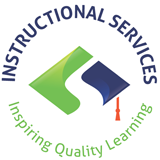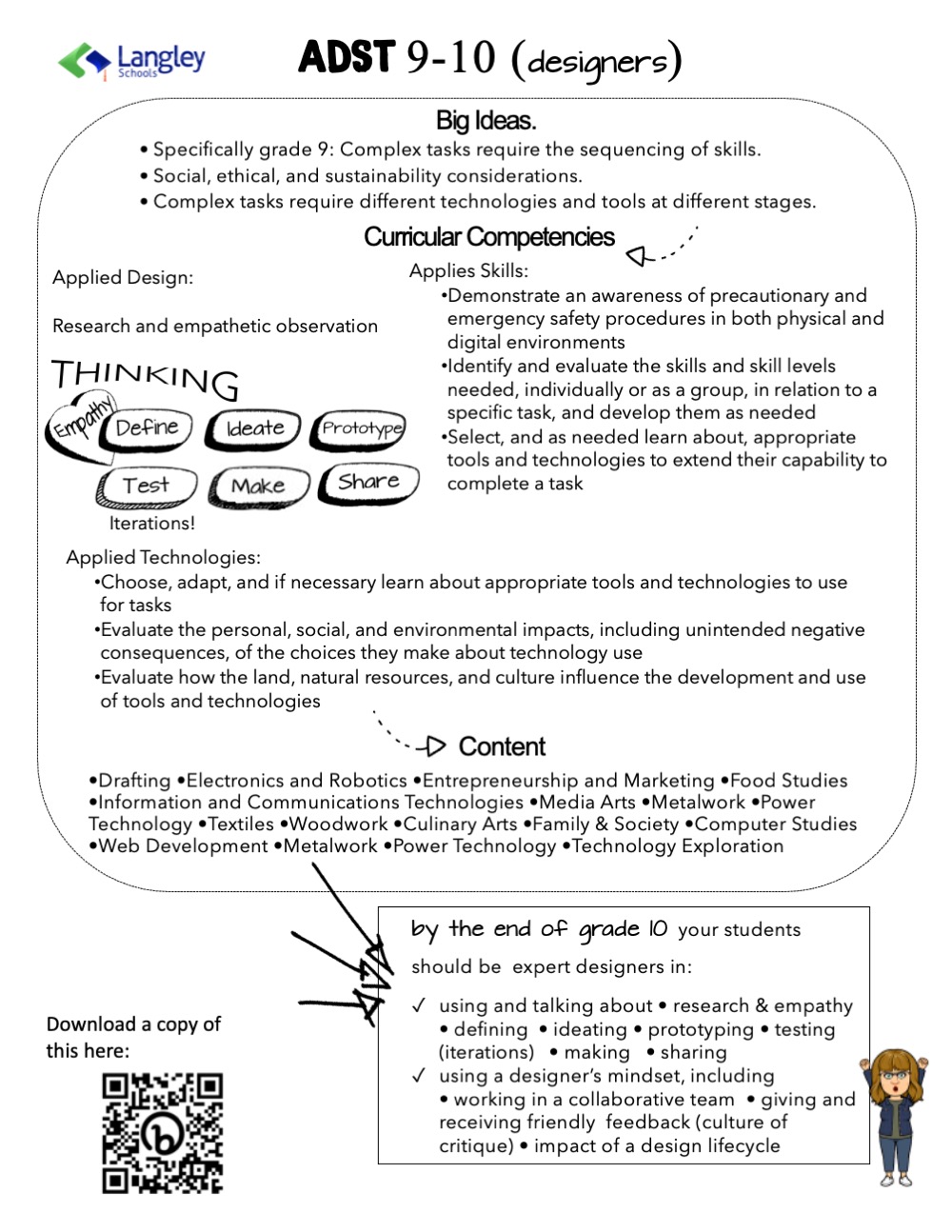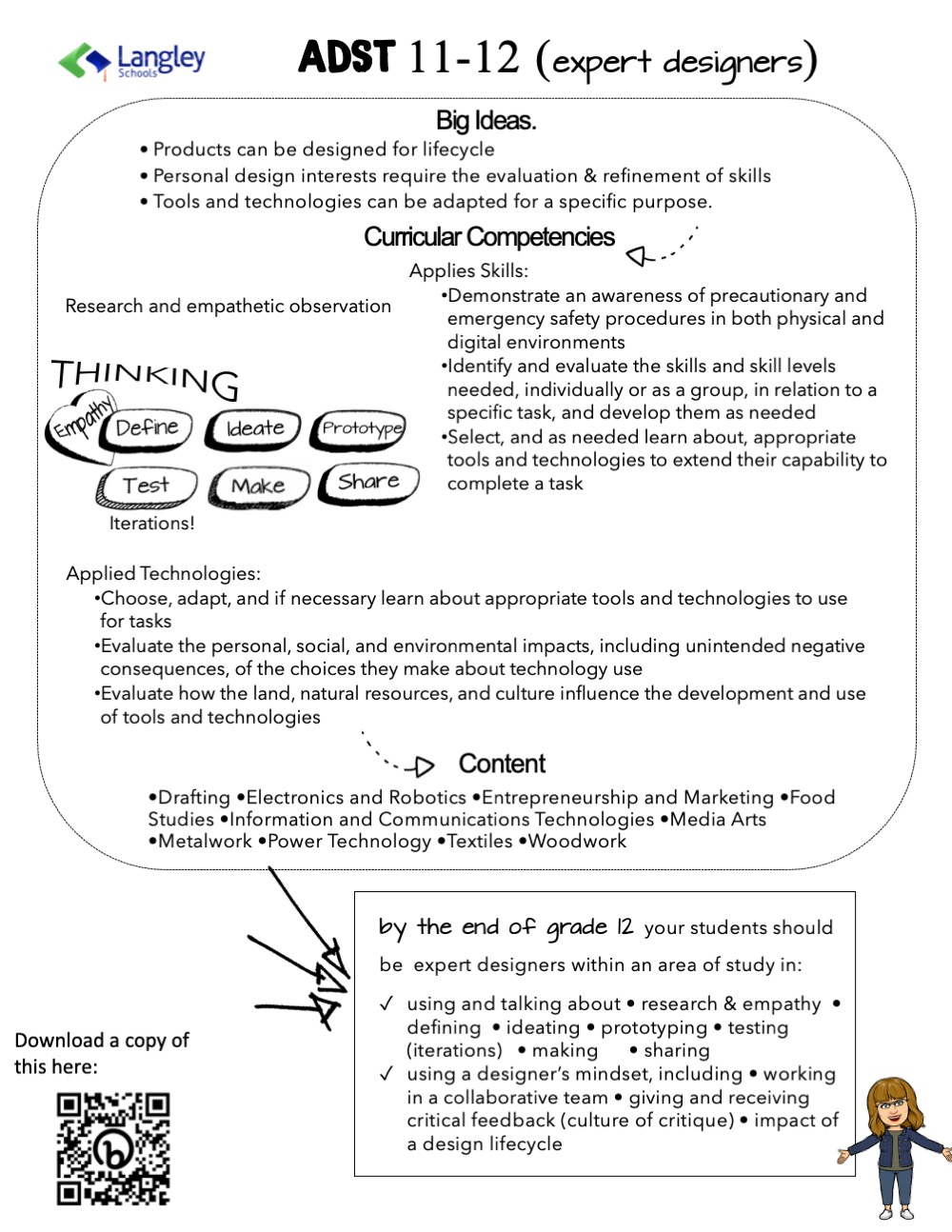Secondary
The purpose of this curriculum page is to offer relevant references, resources and support that relate to all Secondary Teachers. Specific discipline references, resources and support can be found within secondary school communities, through school based Department Heads.
To begin, be sure to refer to the B.C. Curriculum which can be found on the Ministry of Education Curriculum website
You can also access additional teaching resources including videos and previously recorded webinars through our District On-Demand Library available through ThinkLangley.com
Questions about Secondary?
ADST![]()
Jon Fast
jfast@sd35.bc.ca
Career Education
Erin Pacheco
epacheco@sd35.bc.ca
Geoff McSherry
gmcsherry@sd35.bc.ca
Jennifer Dumais
jdumais@sd35.bc.ca
Jill Steacy
jsteacy@sd35.bc.ca
Lara Petrie
lpetrie@sd35.bc.ca
French Immersion & Modern Languages
Katie Tressel
ktressel@sd35.bc.ca
Humanities
George Kozlovic
gkozlovic@sd35.bc.ca
Mathematics
Vanessa Goetzke
vgoetzke@sd35.bc.ca
PHE
Kim Haber
khaber@sd35.bc.ca
Science
Greg Jennens
gjennens@sd35.bc.ca
Join the Secondary TCS site for timely resources.
Teaching Strategies
Learning is a social constructivist process where teaching students to think and talk together leads to learning that is far deeper and far more lasting. By teaching students to think and talk together they begin to own what they are constructing as opposed to just absorbing information and giving it back to us. Knowledge develops from how people interact with each other, their culture, and society at large. Students rely on others to help create their building blocks and learning from others helps them construct their own knowledge and reality. All learners should be equipped with the skills required to know how to think and talk together in ways that innovate as they look to build and sustain the types of societies, we want our children to live in. ~Building Bigger Ideas (Nichols) and Western Governors University
Check out the following resources as you explore strategies that can be applied to all secondary classrooms as you look to develop a learning environment that promotes open, honest, and informed discussions.
Setting the Tone for Productive Classroom Discussions
Creating a space for students to engage with controversial topics starts with shared norms like “assume best intentions” and “show respect and courage.” ~Edutopia
Indigenous Education
Indigenous Graduation Requirement Information
Ministry Information about the Indigenous Graduation Requirement (edited June 2022)
- Indigenous Graduation Requirement Overview here
- Frequently Asked Questions here.
District Information, Initiatives & Resources
Cultural Presenter Sign-Up
EFP 10-12 Curriculum Support Document here.
- This EFP 10 -12 curriculum support, is an ongoing and evolving document from Instructional Services to support school-based communities in their designing of EFP 10-12 courses. This document organizes a district inventory of provincially and locally vetted resources, thematic units from the FNESC teachings guides and hyperlinked resources like podcasts into suggested grade levels. This is not a prescriptive document and likely will evolve within each school community. (edited May 2022)
Graphic Novel Literature Kits – Getting Story Ready here.
- This document outlines what is in the District created Graphic Novel Literature Kits as well as ready to use teacher resources and classroom resources. These kits can be found in every Langley high-school. (edited January 2023)
Indigenous Perspectives through Graphic Novel Supplementary Resources here.
- This document includes curated supplementary texts (teacher resources, poems, short stories, etc.) that connect to the Graphic Novel Literature Kits. Organized by theme, these resources could be used in classrooms to engage students on a class wide on a theme, while having them read individually the graphic novel of their choice. (edited January 2023)
Secondary Picture Book Kits – Worldviews, Colonization, Poetry
- Picture books allow complex concepts to be explored through an accessible and familiar medium. Three sets have been curated to support English First Peoples 10, 11 and 12, BC First Peoples 12 and Contemporary Indigenous Studies 12. Each set can be booked through the District Learning Commons (DLC). Click here for more information. (edited Sept 2023)
Book List Appendix here.
- Attached is a list for teacher use, when seeking authentic Indigenous resources for the classroom .This list, alongside the Aboriginal Department’s curated SORA resources, should be a reference tool for staff. Each resource should be evaluated for classroom use depending on scale of usage(reference, class wide novel etc.) and classroom grade level. This is not a prescriptive document. (edited May 2022)
Distance Learning Course Development here.
- Langley School District Instructional Services, alongside the Burnaby School District and the Coast Metro Consortium have been working on developing a unique online course. For more information, please read the attached course description and outline. For more information contact Director Of Instruction George Kozlovic (gkozlovic@sd35.bc.ca) (edited January 2023)
Barren Grounds Teacher Resource Guide here.
- This SD35 teacher created resource guide is a resource that supports the reading and exploration of The Barren Grounds by David Robertson through strategies and activities rooted in Indigenous pedagogies. This guide captures an ongoing understanding and attempt to learn alongside learners to teach and incorporate Indigenous worldviews and perspectives. Though this guide is specific to The Barren Grounds, it uses many Indigenous teaching strategies that can be utilized across subject areas, in many classrooms. (edited June 2021)
SORA- Instructions for login here.
This robust online library gives access to e-books and audiobooks for all Langley School District staff and students. Through a partnership with the District Aboriginal Program, this online library includes a vast array of authentic Indigenous authors and resources. Whether you are looking for professional development resources, picture books to introduce a complex topic in an interesting manner, class sets of Plays or audiobooks to play aloud in class – this app is a valuable tool for any classroom teacher and learner. (edited June 2022)
Where to get started? Here are a few suggested Indigenous Pedagogy Resources for all High School Teachers to access on Sora today:
Regional Curriculum & Resources:
Matsqui Curriculum – English Language Arts 10 – Composition 10 here.
Máthxwi – The Stories of Today and of the Distant Past
- A unit for English Language Arts – Composition 10 students that explores Máthxwi First Nation history, culture, and identity through story. Students will locate themselves within S’ólh Téméxw, learn about Máthxwi identity through examining Máthxwi history, stories, and values, recognize Máthxwi strength and resiliency despite the impacts of colonization, and consider their role in Reconciliation going forward. This curriculum resource was developed in collaboration with Máthxwi First Nation, Alongside Research and Consulting, and the University of the Fraser Valley Teacher Education Department.
Matsqui Curriculum – Social Studies 10 here.
Máthxwi – The Stories of Today and of the Distant Past
A unit for Social Studies 10 students that explores Máthxwi First Nation history, culture, and identity. Students will locate themselves within S’ólh Téméxw, learn about Máthxwi identity through examining Máthxwi history, stories, and values, recognize Máthxwi strength and resiliency despite the impacts of colonization, and consider their role in Reconciliation going forward. This curriculum resource was developed in collaboration with Máthxwi First Nation, Alongside Research and Consulting, and the University of the Fraser Valley Teacher Education Department.
Stó:lō Reconciliation here
This website provides a framework of reconciliation and provides examples of student engagement with this framework. The display of student work and thinking can support all high school classrooms. (edited June 2022)
Stó:lō Stories here
This rich and layered website teaches and shares knowledge with all who visit. Through learning about the difference between Origin Stories and News Stories, being invited to watch and listen to story, and hearing from community members – these local Indigenous voices root us in land and place and can be brought into all school classrooms. (edited June 2022)
Sharing, Revitalizing, and Reconnecting the Stó:lō Sitel Curriculum: here
This website includes stories and lesson ideas on the use of story in all classes. The working group involved in this project shares their thinking and ideas as a model for all educators. (edited June 2022)
Indigenous Storywork: Educating Heart, Mind, Body & Sprit here
Stó:lō educator Dr. Jo-ann Archibald’s website includes videos, resources and connections to her text Storywork. This invaluable website includes topics like: how to get story ready, how Indigenous pedagogies broaden our understanding of story and ultimately how to teach and use story in our classrooms. (edited June 2022)
Provincial Curriculum Supports & Resources:
FNESC Teaching Guides & Resources
The following listed resources are meant to support all Langley staff and students when building and relating to Indigenous historical and cultural context. Use the following links to support content understanding and resource selection:
Glossary of Terms here
Backgrounders here
Authentic First Peoples Resources K-9 here.
Authentic First Peoples Resources for Grades 10-12 and Adult Learning here.
The following listed resources below are subject specific resources for Langley Staff to support Indigenous curriculum across all subject areas.
FNESC First Peoples Principles of Learning here.
Math First Peoples Teacher Resource Guide - Elementary and Secondary here.
Science First Peoples Teacher Resource Guide Grades 5 to 9 here.
Secondary Science First Peoples Teacher Resource Guide here.
Career Journeys First Nations Career Role Model Program Teacher Resource here.
English First Peoples 10 – 12 Teacher Resource Guide here.
BC First Nations Land, Title & Governance Teacher Guide here.
BC First Peoples 12 Teacher Resource Guide here.
Indian Residential School Teacher Guides: Grade 5, Grade 10, Grade 11/12 here.
BCTF Teaching Guides and Resources:
The following listed resources and much more are accessible through the BCTF website:
Aboriginal Ways of Knowing and Being here
Aboriginal Education Lens here
Gladys We Never Knew: The life of a child in a BC Indian Residential School here
Project Heart: here
National and International Curriculum & Resources:
National Inquiry Into Murdered and Missing Indigenous Women and Girls: Teacher Guide here
This thoughtfully created Teacher Resource Guide: Their Voices Will Guide Us spans a K-12 lens, with curated resources and curriculum to support Staff and Student learning. (edited June 2022)
Reference and Core Documents for All Staff:
Langley School District Enhancement Agreement here
Truth & Reconciliation
Calls to Action here
Calls to Action in Child Friendly language: Spirit Bear’s Guide to the Truth and Reconciliation Commission of Canada here
UNDRIP here
UNDRIP for Indigenous adolescents here
Health & Wellbeing
For Students
Health and Well-being for students is explicitly taught in the PHE curriculum and embedded in all other subject areas through the personal and social core competencies.
The BC Physical and Health Education curriculum contributes to students’ development as educated citizens through the achievement of the following goals.
Students are expected to:
- Develop an understanding of the many aspects of well-being, including physical, mental, and social
- Develop the movement knowledge, skills, and understandings needed for lifelong participation in a range of physical activities
- Develop knowledge, skills, and strategies for building respectful relationships, positive self-identity, self-determination, and mental well-being
- Demonstrate the knowledge, skills, and strategies needed to make informed decisions that support personal and community health and safety
Classroom teachers in Langley have access the PHE One Note Binder which has a curriculum overview, resources, lesson plans and suggested speakers and special guests for the PHE curriculum. You can access the binder at the link below:
Careers
- To learn more about Career Education in the Langley School District, please visit our District Career Education website at the link below:
https://www.sd35.bc.ca/careered
Numeracy
What does it mean to be numerate in today’s world? Where do you use numeracy in your personal, professional, civic life?
Numeracy is about making sense of numbers and understanding the effect numbers have in the world around us. Numeracy demands understanding the way in which data is gathered by analyzing and evaluating, as presented in graphs, infographics, diagrams, charts, and tables.
Where is numeracy in your discipline?
Numeracy is everywhere!
In many courses, students don’t recognize that they are engaging in numeracy activities. The following pictures depict numeracy in action.
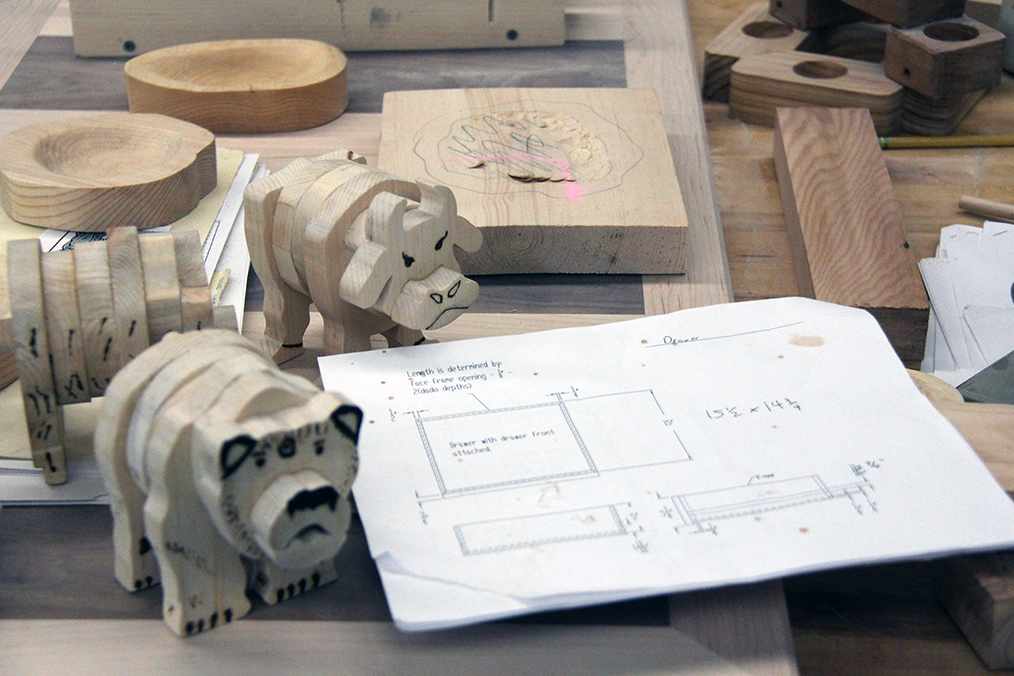 | 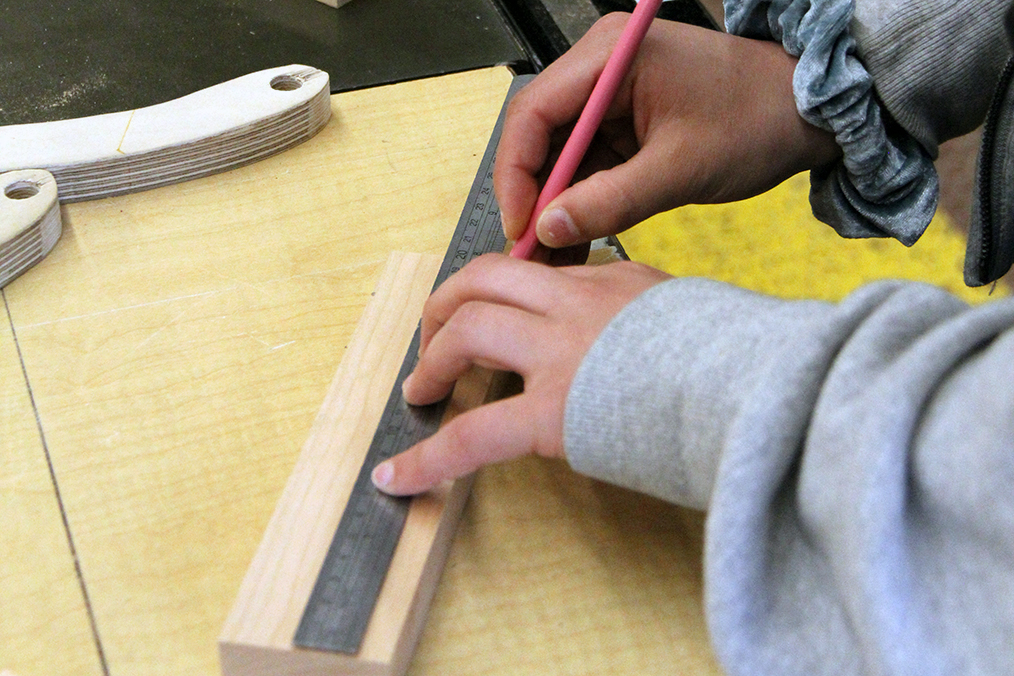 |  | 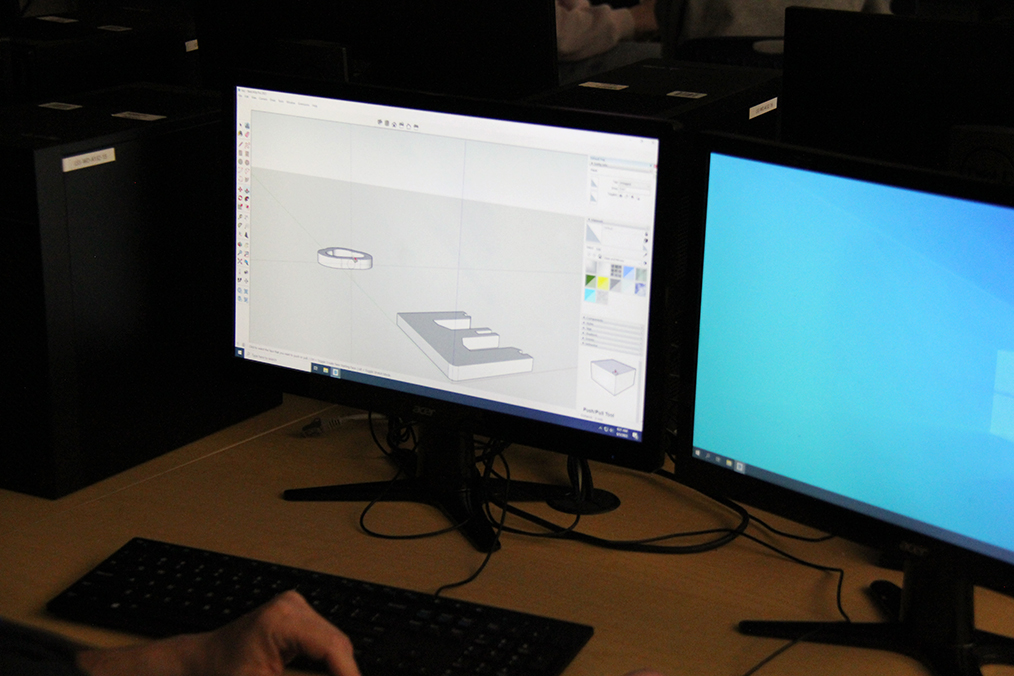 | 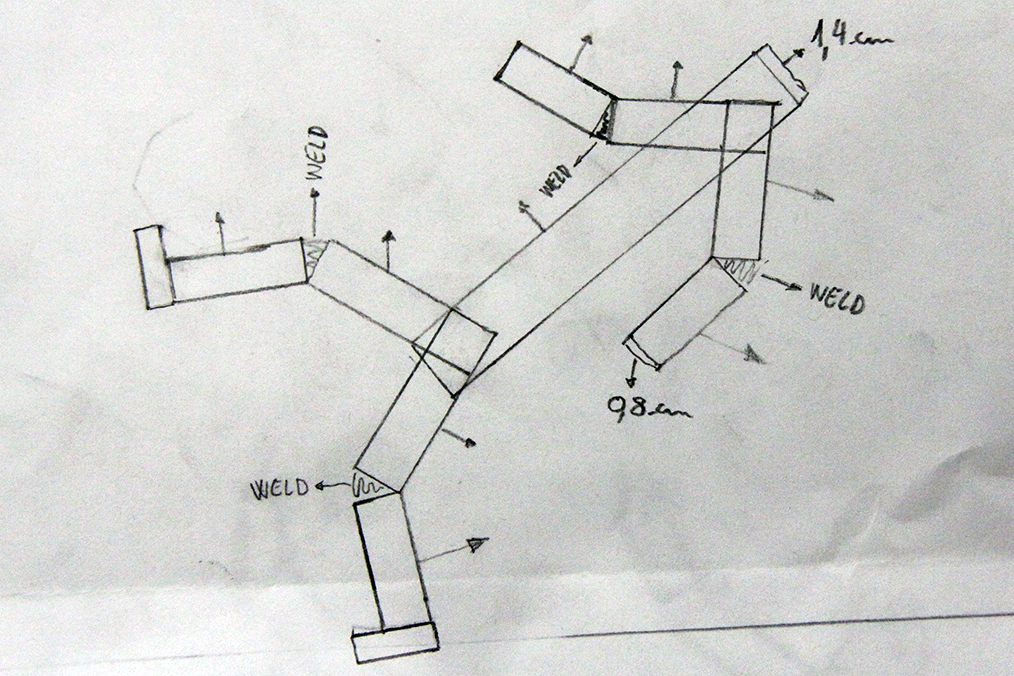 |
 | 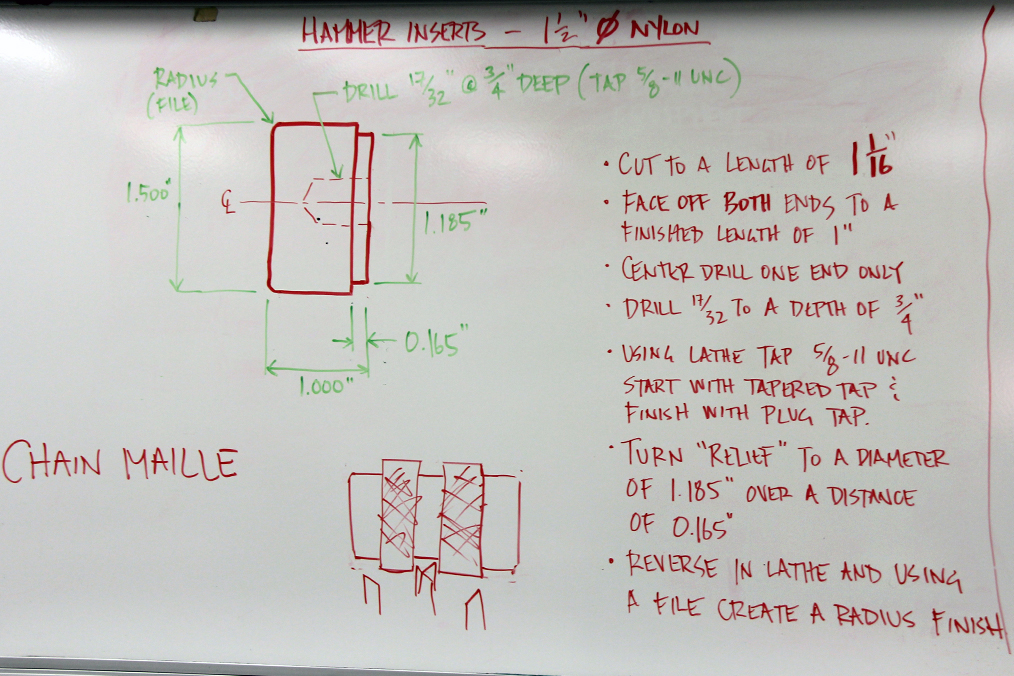 |  | 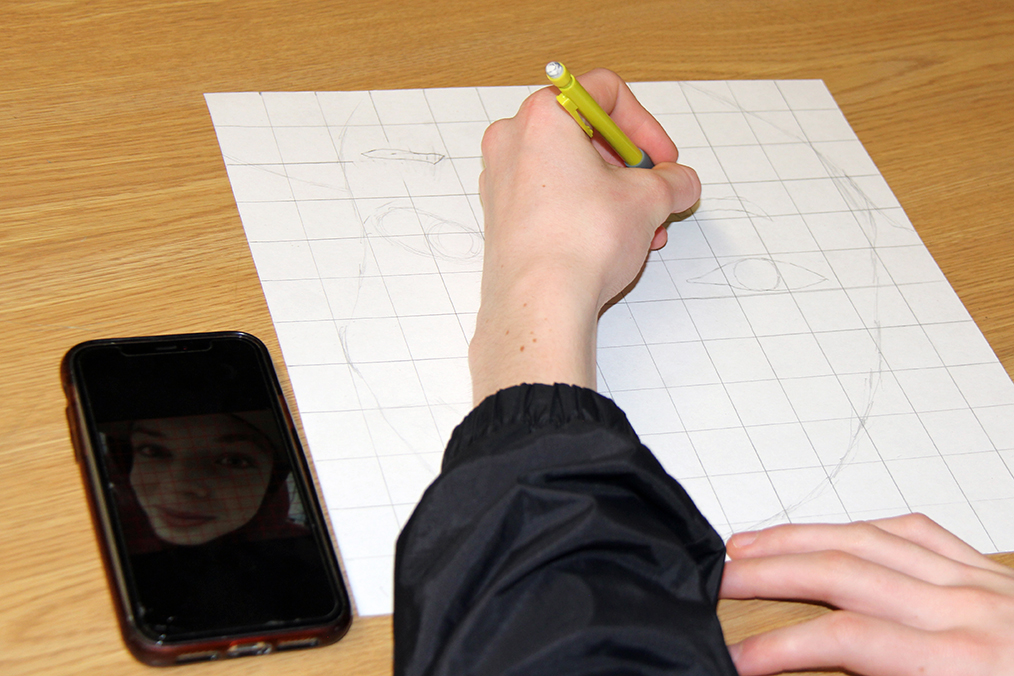 | |
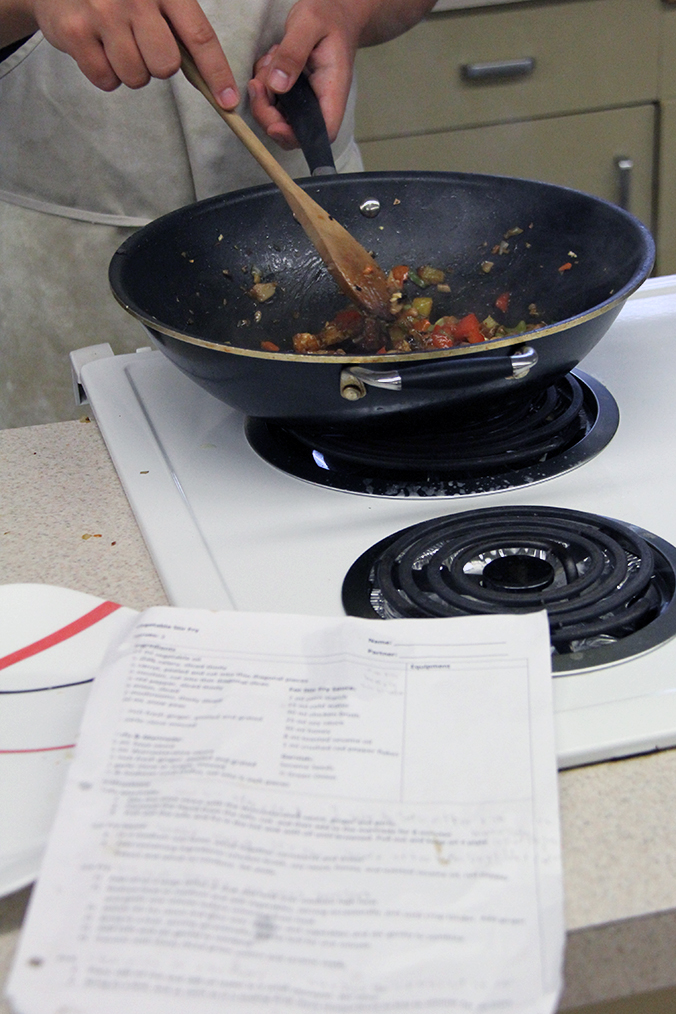 | 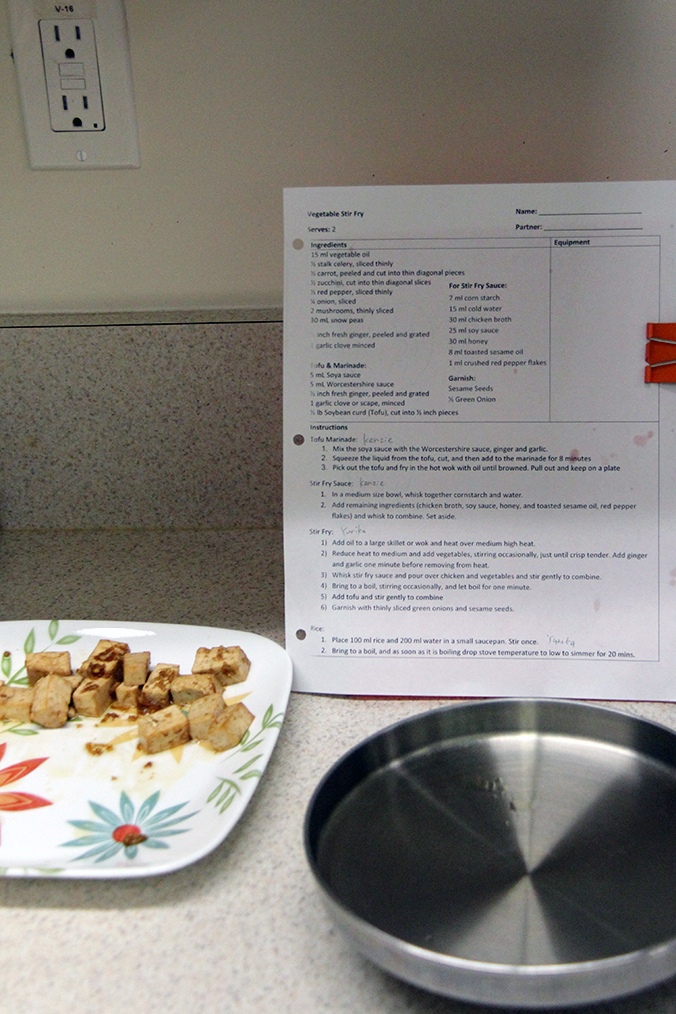 | 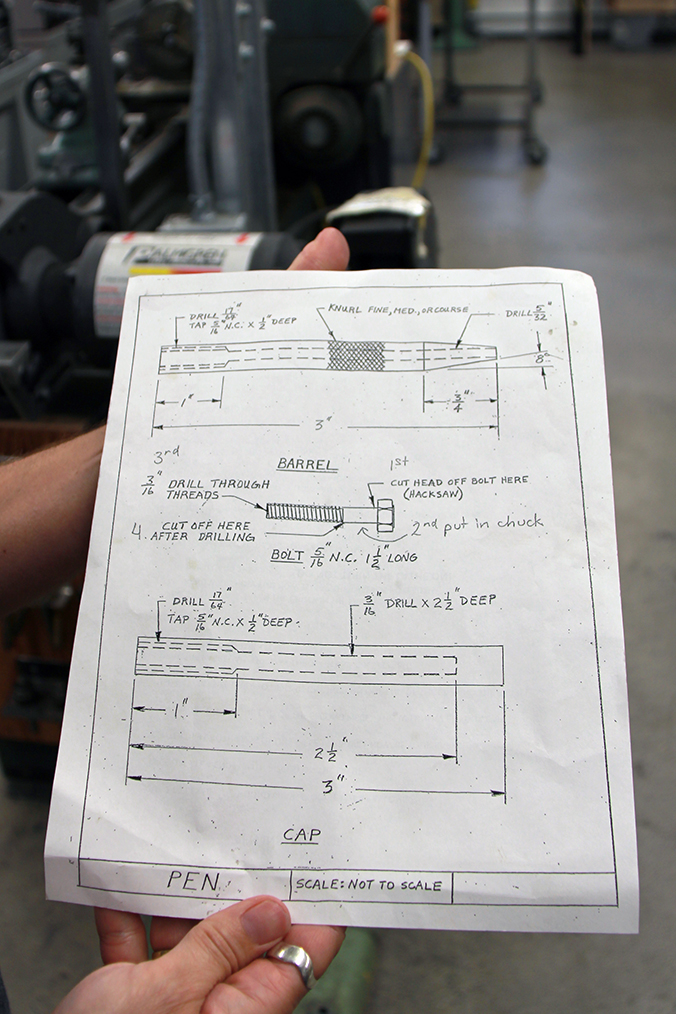 |
Literacy
What is literacy?
The BC Ministry of Education defines literacy as the “the ability to understand, critically analyze, and create a variety of forms of communication, including oral, written, visual, digital, and multimedia, in order to accomplish one’s goals.”
Literacy Everywhere
The ability to understand, critically analyze and create applies to all disciplines, environments and modalities. The BC Ministry of Education has embedded literacy and numeracy throughout the curriculum within the curricular competencies across disciplines and has created the revised Literacy Performance Standards to support all educators in developing literacy within their learning areas.
The revised Literacy Performance Standards are organized into 4 aspects (categories) that are designed to apply across all learning areas and modalities:
Comprehends Text: Interprets text, makes connections, and analyses text
Applies Understanding: Curates texts and extracts and synthesizes ideas and information
Develops Ideas: Generates, evaluates, and refines ideas
Communicates: Expresses and presents ideas and information, justifies and defend decisions and ideas.
Foundational Literacy
The foundational literacy skills of reading and writing to understand, critically analyze and create also applies across all learning areas. Recommended resources include:
Layers of Reading
A free chart by two Canadian educators synthesizing the research of reading acquisition along with a 20 min video breaking it down.
LitScan: Literacy Health Indicators for Secondary School Communities
A support for cross role and disciplinary secondary literacy teams interested into digging into foundational literacy within their school community.
The 2009 Reading and Writing Performance Standards
Specific criteria, rubrics and exemplars of reading and writing skills from K to Grade 10.
Literacy 10 and Literacy 12 Assessment documents
Looking for a concrete example of what the Ministry views as “literate” for students? Check out examples of the grade 10 and 12 assessments and their supporting rubrics to better understand how students are expected to understand, critically analyze and create.
Professional Learning Materials
What Works Clearinghouse Guide: Providing Reading Interventions for Students in Grades 4–9. Consolidated research broken down into an accessible guide for teachers with interventions ranked by impact. (click here)
What Works Clearinghouse Guide: Improving Adolescent Literacy: Effective Classroom and Intervention Practices. Consolidated research broken down into an accessible guide for teachers with practice and interventions ranked by impact. (click here)
CORE Learning free webinars on a wide range of literacy subjects. (click here)
Keys to Literacy resources & professional learning sessions (click here)
Disciplinary Literacy for Secondary website (Delta School District). A learning journey for educator teams looking to learn more about disciplinary literacy. Useful articles and resources embedded throughout. (click here)
ADST
ADST/Digital Literacy K-12
Sandra Averill
saverill@sd35.bc.ca
Resources to support ADST and its components can be found at: https://k12adst.weebly.com
Approved BAA Courses
Scroll down to see BAA courses that have been revised and approved by the Langley School Board for use in Langley Schools. If you require a BAA course in Word Format (to customize), please email George Kozlovic at gkozlovic@sd35.bc.ca
Process for New Board/Authority Authorized Course Proposals:
Step 1:
Seek approval from your school Principa
Step 2:
Principal will contact Director of Instruction for approval to proceed with proposal
Step 3:
Visit the Ministry of Education website to review all of the policies and procedures around Board Authority and First Nations Authorized courses
Read the Ministry BAA Requirements and Procedures Guidebook Ministry BAA Courses Guidebook.pdf
Complete a BAA Course document – BAA Form 219-1
Step 4:
Principal to review BAA Course document
Step 5:
BAA Course document sent to Director of Instruction for review
Step 6
BAA Course document to Board for approval – see below from District Admin Procedures – AP 219
All Board/Authority authorized courses must be authorized by the Board.
Submission
Proposals for courses, not intended for graduation credit, shall be submitted on the District’s Proposal: Locally Developed/Non-Ministry Course form (Form 219-1). Those courses at the grade 10 – 12 level intended to be used for graduation credit shall be submitted on the Board/Authority Authorized Courses Course Description
Course program submissions will describe:
The procedures utilized in creating the submission, including teacher involvement.
The educational rationale for such a course, including the need for a Board/Authority authorized (BA/A) designation.
The course content; the procedures for selection of learning resources, which must comply with this administrative procedure; the anticipated methodology to be utilized; the student evaluation criteria; and the link, if any, to other school or District programs.
The anticipated budget equipment and facility requirements, including a listing of proposed course fees and the anticipated amount and type of travel, and
The impact of the course or program on existing courses or programs; on the school’s operating, learning resources and equipment budgets, and on the school’s facilities.
Academies
SD35 BAA Baseball Academy 10.pdf
SD35 BAA Equestrian Academy 12A 12 B 12C.pdf
SD35 BAA Hockey Academy 10.pdf
SD35 BAA Rugby Foundations 10 11 12.pdf
SD35 BAA Soccer Academy 10.pdf
SD35 BAA Softball Academy 10.pdf
Grade 10
SD35 BAA Baseball Academy 10.pdf
SD35 BAA Costume Design 10.pdf
SD35 BAA Creative Writing Explorations 10.pdf
SD35 BAA Dance Composition 10 Level 1.pdf
SD35 BAA ELL English Language Development 10.pdf
SD35 BAA ELL Introduction to Academic Language 10.pdf
SD35 BAA ELL Strategies for Academic Success 10.pdf
SD35 BAA Foundations of Basketball 10 11 12.pdf
SD35 BAA Foundations of Volleyball 10 11 12.pdf
SD35 BAA Hockey Academy 10.pdf
SD35 BAA In the Moment- Playing with Improvisation 10 .pdf
SD35 BAA Intermediate Filmmaking 10 – Film Level 2.pdf
SD35 BAA Introduction to Animation 10 .pdf
SD35 BAA Introduction to Filmmaking 10 (Film Level 1).pdf
SD35 BAA Leadership Development 10.pdf
SD35 BAA Learning For Success 10.pdf
SD35 BAA Photography Major 10B – Thematic Visual Inquiry.pdf
SD35 BAA Rugby Foundations 10 11 12.pdf
SD35 BAA Senior Technical Theatre 10 (Theatre Tech 10).pdf
SD35 BAA Soccer Academy 10.pdf
SD35 BAA Softball Academy 10.pdf
SD35 BAA Strength and Stretch 10
SD35 BAA Visual Art Explorations 10.pdf
SD35 BAA Visual Art Studio Explorations: Book Making/Binding 10.pdf
SD35 BAA Visual Art Studio Explorations: Carving 10.pdf
SD35 BAA Visual Art Studio Explorations: Ceramics 10.pdf
SD35 BAA Visual Art Studio Explorations Mold Making 10.pdf
SD35 BAA Visual Art Studio Explorations: Printmaking 10.pdf
SD35 BAA Visual Art Studio Explorations: Stained Glass 10.pdf
Grade 11
SD35 BAA Boys Leadership 11.pdf
SD35 BAA Dance for Camera 11.pdf
SD35 BAA ELL Academic Writing 11.pdf
SD35 BAA ELL English Language Development 11.pdf
SD35 BAA Foundations of Basketball 10 11 12.pdf
SD35 BAA Foundations of Volleyball 10 11 12.pdf
SD35 BAA Game Theory & Design Unplugged 11.pdf
SD35 BAA Learning for Success 11
SD35 BAA Rugby Foundations 10 11 12.pdf
SD35 BAA Visual Arts Major B 11.pdf
Grade 12
SD35 BAA 3D Fabrication 12.pdf
SD35 BAA Aviation Explorations 12.pdf
SD35 BAA Employment Law 12.pdf
SD35 BAA Equestrian Academy 12A 12 B 12C.pdf
SD35 BAA Film and TV Advanced 12.pdf
SD35 BAA Foundations of Basketball 10 11 12.pdf
SD35 BAA Foundations of Volleyball 10 11 12.pdf
SD35 BAA Global Education 12.pdf
SD35 BAA Learning for Success 12
SD35 BAA Mobile App Development 12.pdf
SD35 BAA Rugby Foundations 10 11 12.pdf
Languages
Ministry Resources
Core French Curriculum: https://curriculum.gov.bc.ca/curriculum/languages/6/core-french
ShareEd BC: There are many complete units, resources, and lessons on the site. Search by subject and grade level. https://www.shareedbc.ca
Professional Associations
Canadian Association of Second Language Teachers (CASLT): There are many articles, useful tools, and resources for language teachers. https://www.caslt.org/en
British Columbia Association of Teachers of Modern Languages (BCATML): There are many resources for language teachers, including Pro-D opportunities. https://www.bcatml.org
BCTF Teach BC: There are many complete units, resources, and lessons on the site. Search by subject and grade level. https://www.bctf.ca/classroom-resources
Aboriginal Content
First Peoples’ Principles of Learning in French poster https://www.bcatml.org/news/first-peoples-principles-of-learning-en-francais
Workshops
SFU BAFF: SFU provides Core French workshops to teachers with varying levels of French presented throughout the year as well as an excellent summer program. https://www.sfu.ca/baff-offa/fr/programmes/personnel-enseignant/developpement_professionnel.html
Music (Please remember to preview songs and videos)
Manie Musicale: A wonderful tool to expose students to Francophone music from around the world. This competition takes place in February and March, with students around the world crowning the winner. https://www.maniemusicale.info
Musique Mercredi: A collaborative Facebook group to share and request songs around different themes.
Contact Alex Spence to join the Core French Teams page for current information on fieldtrips, workshops, and resources.
Independent Directed Studies
What is an Independent Directed Studies course and how does it fit with high school graduation?
Independent Directed Studies (IDS) courses enable students to initiate their own learning and receive credits towards graduation. These courses are intended to
- Expand course options for students
- Allow students to pursue curriculum in greater depth and further develop their passion
- Provide students with the opportunity to pursue further studies of interest
An IDS course is an extension of one or more learning outcomes already identified in an existing grade 10, 11 or 12 course (available for either Ministry authorized or Board authorized courses). The course must be rigorous well thought-out and developed through a consultative process involving the student and the teacher. The standards for IDS courses are designed to maintain a high level of quality in the work undertaken. An IDS course is taken as an additional credit out of the student’s regular timetable. Following the submission of applications, successful applicants will work with their IDS teacher to identify and develop the IDS course learning outcomes.
What are the potential benefits of participating in an IDS course?
- Become a self-directed, independent learner
- Develop collaboration and networking skills
- Reach beyond conventional course boundaries
- Develop skills that will prepare you for post-secondary success
- Develop critical thinking and problem-solving skills
- Work with others with similar interests on a local and global basis
- Opportunity to work with recognized community leaders
- Add a unique dimension to your portfolio
Student Application Form 222-1
